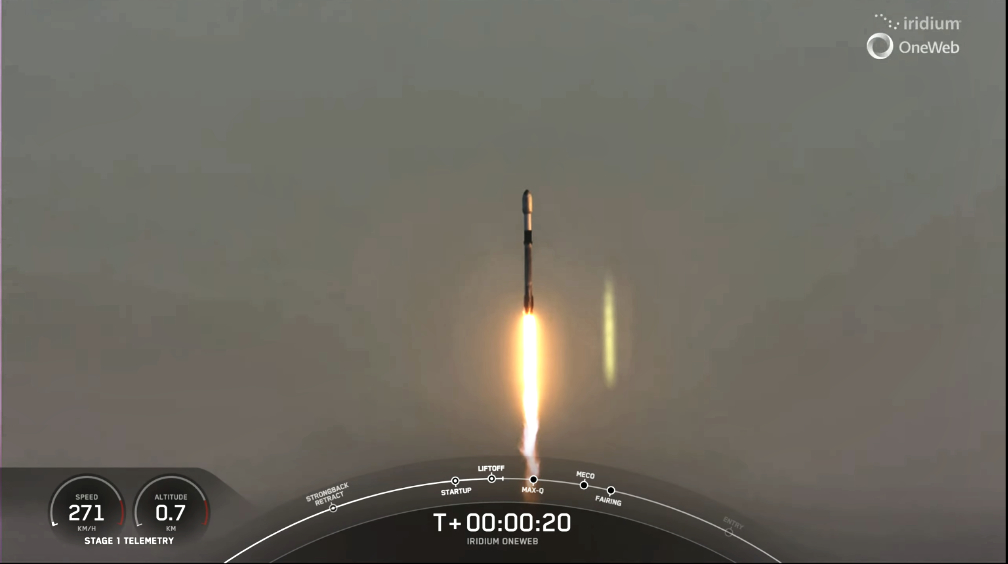
On Saturday, May 20, at 6:16 a.m. PT, a SpaceX Falcon 9 launched five Iridium spare satellites and 16 OneWeb satellites for the firm’s LEO constellation (which included a OneWeb technology demo smallsat named JoeySat) to orbit from Space Launch Complex 4E (SLC-4E) at Vandenberg Space Force Base in California.
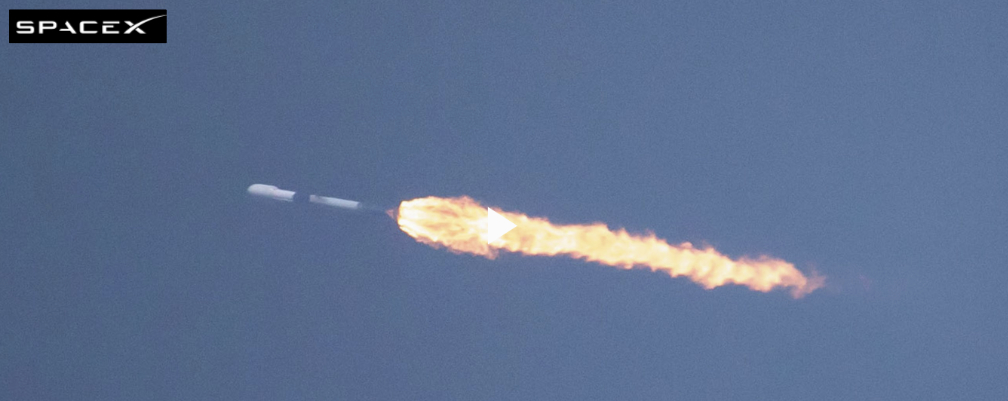
This was the 11th launch of this booster, which previously supported the launch of Sentinel-6 Michael Freilich, DART, Transporter-7, and seven Starlink missions.
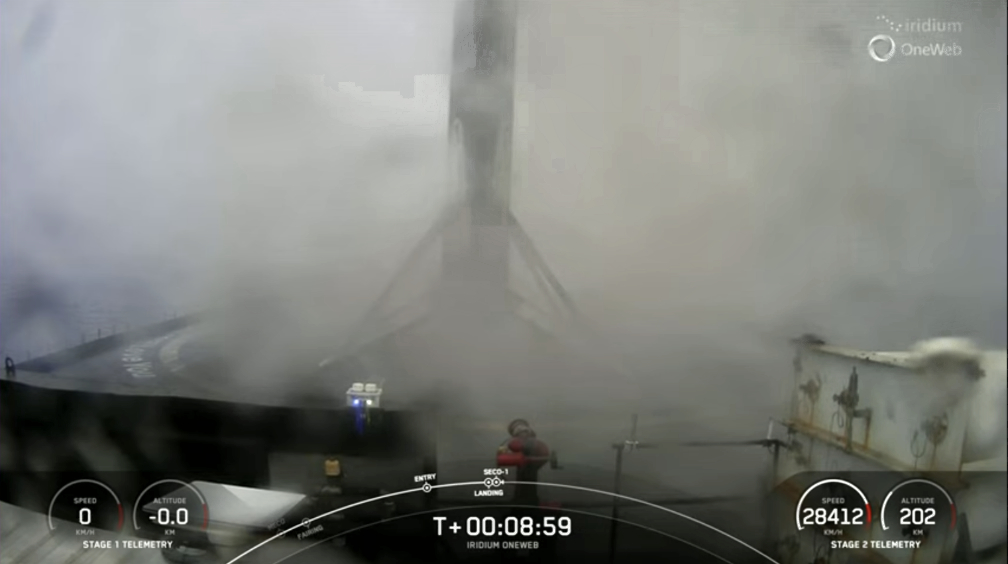
The company’s Of Course I Still Love you droneship was the target for the mission’s first stage that successfully completed its 193rd landing.
This launch brings the total number of spare Iridium® satellites on orbit to 14. In total, 81 next-generation Iridium satellites were built, and 80 of them have now been deployed. The Iridium constellation remains unique in the industry, featuring 66 operational crosslinked satellites, enabling truly global, weather-resilient connectivity everywhere on Earth.
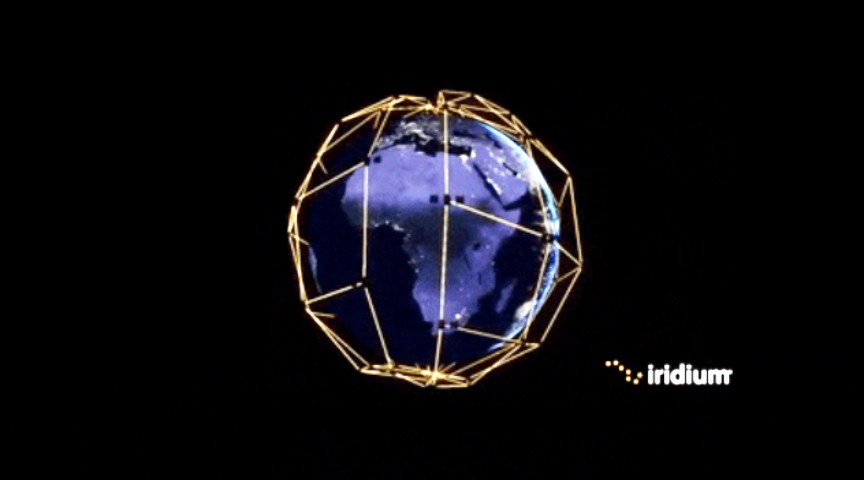
The satellites lifted off at 06:16 am PDT (13:16 UTC) on a SpaceX Falcon 9 rocket from Vandenberg Space Force Base (VSFB) in California. Shortly after deployment, each of the satellites successfully contacted engineers at Iridium’s Satellite Network Operations Center (SNOC), in Virginia.
Completed in February 2019, the upgraded Iridium constellation has proven to be an engine of innovation for the company and its partners. Recently, the company took a lead role in the burgeoning satellite direct-to-device movement, teaming up with Qualcomm Technologies Inc., to enable satellite SOS and two-way messaging in premium Android smartphones.
The Iridium Certus® service, launched in 2019, established a new standard for weather-resilient broadband connectivity with services and equipment that scale in size, weight and power requirements based on the needs of the end-user. It has proven to be ideal for ships, vehicles, aircraft, and particularly UAVs, USVs and other uncrewed autonomous systems.

Maritime safety has been enhanced with Iridium’s Global Maritime Distress and Safety System (GMDSS), and pilots all over the world depend on safety and cockpit solutions installed in their aircraft.
In all, Iridium and its partners have certified more than 175 new, purpose-built products for aviation, maritime, land-mobile, IoT and related industries over the past four years. These newly launched satellites will help ensure Iridium’s critical services continue well into the next decade, supporting many millions of end users.
“The completion of our upgraded constellation was a major milestone in the history of Iridium. We committed to our partners and our customers that they could depend on us and expect the highest quality of service and reliability anywhere on the planet, and that’s what we’ve delivered. With all the new products and services enabled by our network, the launch of these spares shows our commitment to maintaining the gold standard of satellite network services.”
— Matt Desch, CEO, Iridium
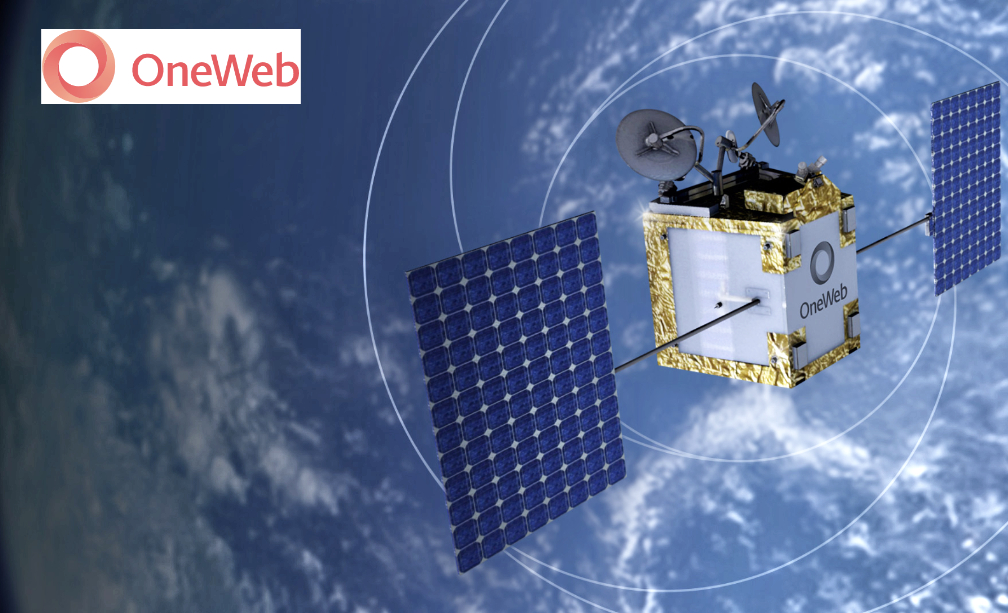
OneWeb has confirmed the successful deployment of 16 satellites that will provide increased resilience and redundancy to the OneWeb constellation as the company progresses toward global services. Included in this key batch is JoeySat, a satellite that will test an innovative beam-hopping capability which will allow satellites to switch between different places on Earth and adjust the strength of the communications signals based on customer needs or demands.
Liftoff occurred on 20 May at 6:16 PT (local) from Space Launch Complex 4 East (SLC-4E) at Vandenberg Space Force Base in California. OneWeb’s satellites separated successfully from the vehicle and were dispensed in eight phases over a period of 1 hour and 26 minutes, and signal acquisition on all 16 satellites has been confirmed. The launch marked OneWeb’s fourth successful launch with SpaceX.
With 634 satellites now on-orbit, OneWeb is on track to deliver global coverage this year and is already in the process of scaling services for customers around the world. With the addition of the satellites deployed from this launch, OneWeb will increase the resiliency and redundancy in the constellation as it expands services to its growing base of enterprise and government customers.
The 16th satellite launched today is nicknamed JoeySat. Developed through the European Space Agency and UKSA Sunrise Partnership program, JoeySat carries an innovative payload design which will demonstrate digital regenerative processing, electronically steered multi-beam arrays, and digital beamforming and beam-hopping technologies. These capabilities, planned for OneWeb’s Gen 2 constellation, will offer more flexibility and capacity to customers, optimizing resources to manage real-time surges in commercial demand or to enable rapid responses to emergencies such as natural disasters.
This new digital payload is developed in the UK by our Sunrise program partner, Satixfy UK.
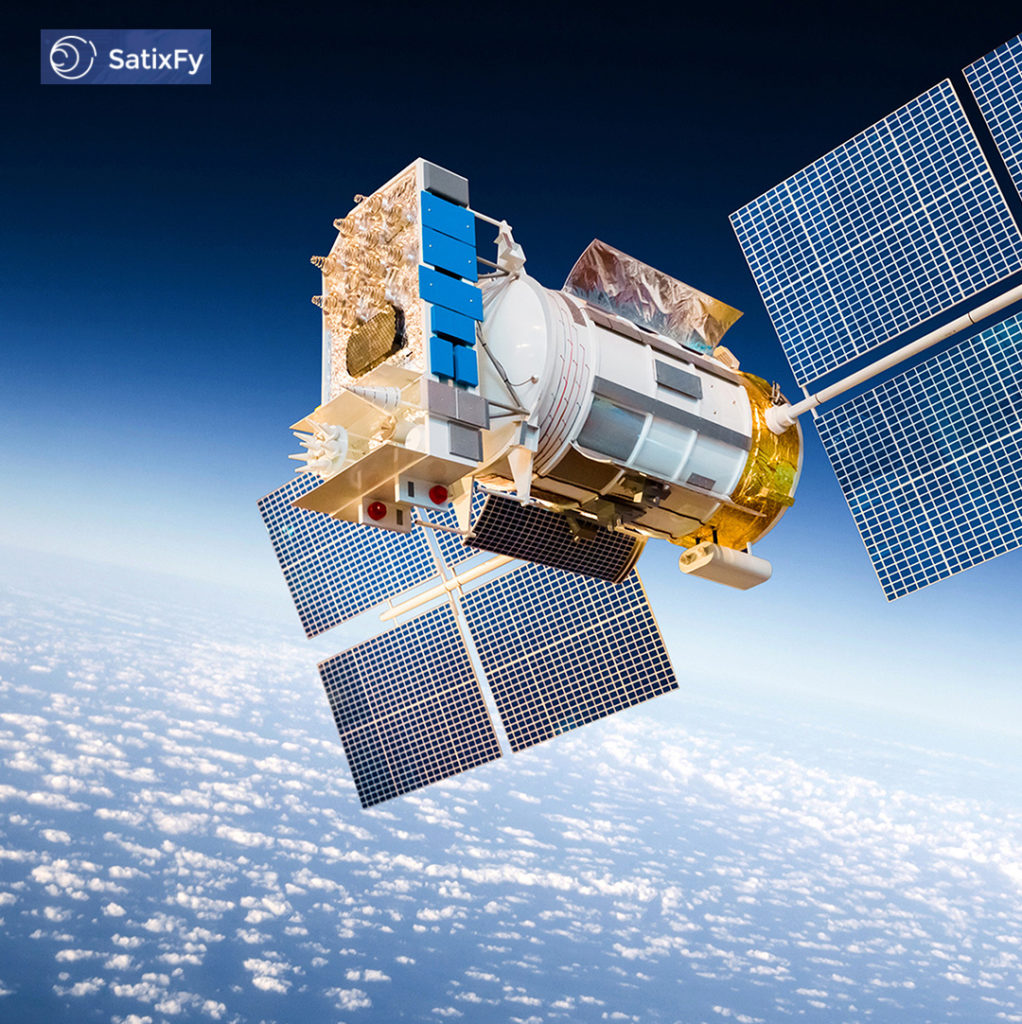
JoeySat is also an integral component of the End-to-End system validations, testing innovative features including 5G Pilot Tests, which will be performed in collaboration with University of Surrey UK, Celestia UK and Satixfy UK. The aim is to create an interoperable network integrating space and ground assets by which OneWeb will be able to seamlessly manage backhaul to support 5G connectivity.
Also on board JoeySat is a Radiation Monitor, developed by partners Oledcomm and Advacam, which will measure and monitor the radiation environment in LEO, and provide critical information to OneWeb and the scientific community for future missions.
“We are excited to see the successful completion of our 19th launch, which would not have been possible without our committed team and our enormously skilled launch partners. We have made tremendous progress in scaling our services, and today’s launch is a testament to our commitment to continue improving our service to our customers. Never ones to rest on our laurels, we also view this launch as proof positive of our drive to innovate, as we test new technologies that will usher in the future of our connectivity capabilities and services. We now look ahead to scaling our services as well as making important advancements in the future of connectivity.”
— Neil Masterson, Chief Executive Officer of OneWeb,
